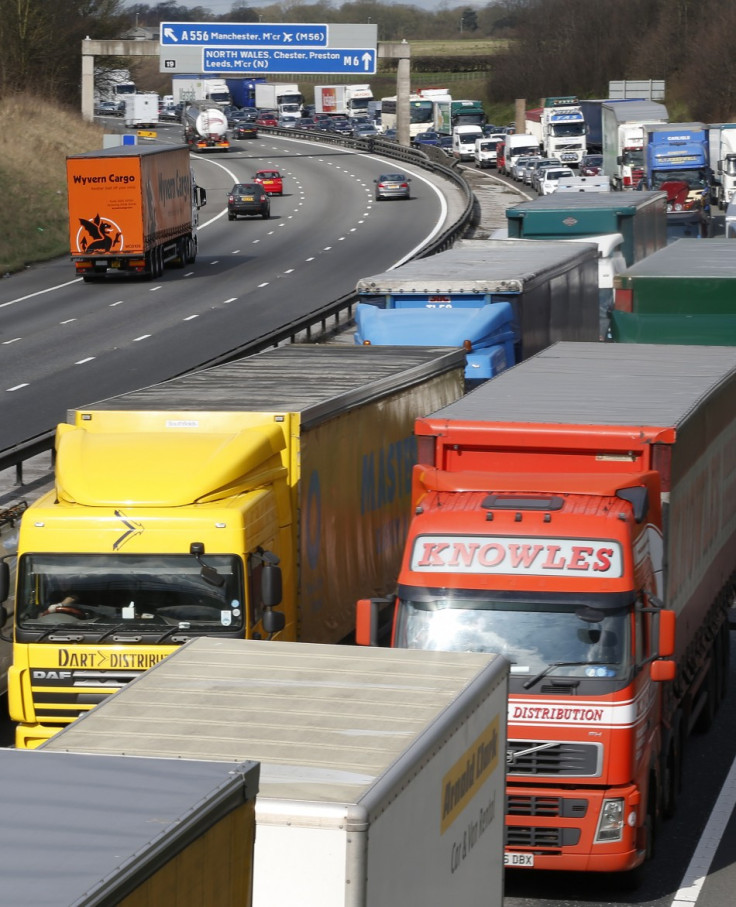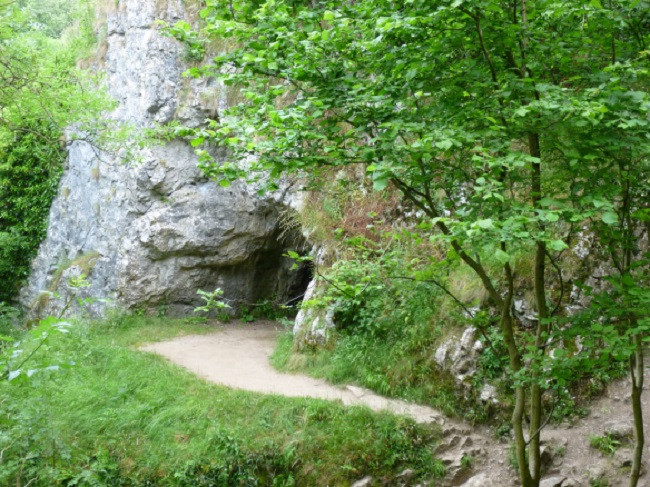Autumn Statement 2014: Cameron's new roads won't make Britain less congested - they'll just make it uglier
In summer 2013, the UK Government first set out its plans for a 'roads revolution': the biggest road building programme since the 1970s. This week it started putting lines on the map and, to the disappointment of those who love the countryside, many of them run straight through some of England's most protected areas. These include a World Heritage Site, National Parks, Green Belt and Areas of Outstanding Natural Beauty (AONBs).

In Action for Roads the Government claims that "as a compact, well-connected island, transport should be one of our advantages". But this misses the point that England is now the most densely populated country in Europe, other than tiny Malta.
As a result we can't do everything we'd like to do because there are a lot of people and limited space. This is why National Parks and Areas of Outstanding Natural Beauty were set up in the first place, to ensure that our most beautiful areas are not overwhelmed by development.
Now the government's 'roads revolution' seriously threatens some of England's most unspoilt areas. And what's especially problematic is that the reason they are being threatened is based on the mistaken and discredited idea that you can tackle congestion by building more roads.
Time and again research has shown that you can't build your way out of congestion. If you build extra roads then simply more people will drive. Traffic levels then increase and congestion continues to be a problem, with even more cars on the roads and more countryside lost. The phenomenon is known as 'induced traffic demand' and it was actually the last Conservative government in the '90s that first officially recognised it in policy.
Places that have actually begun tackling congestion, like London and Brighton, have done so through sustained investments in sustainable travel options such as buses, rail, cycling and walking... and through managing demand for driving. This means prioritising capacity for those forms of travel that make better use of the limited space available; precisely the opposite of what the government is attempting to do.

The result of the mistaken belief that you can tackle congestion by building more roads is that several National Parks and AONBs are now under serious threat. From the 1920s the Campaign to Protect Rural England campaigned for the South Downs to become a National Park, finally designated in 2009. Now just three years later the government has taken a decision that will see a dual carriageway go straight through ancient woodland in the South Downs with the proposed A27 Arundel Bypass. Even the M3 at Twyford Down, where the anti-roads movement gained so much prominence in the '90s, is set to be widened. This once again shows that increasing road capacity only results in plans to increase it even more.
Perhaps most controversial are the plans for the A303, which could potentially see Stonehenge lose its status as a UNESCO World Heritage Site through the impact of roads and development. For years the government has talked about easing congestion on the A303, but again the solution is to increase the road capacity, which will lead to even more cars passing by Stonehenge. They also propose a tunnel to limit the visual impact, but have chosen one of the shorter options available.
As a final example, there is the proposal to create a dual carriageway for the A69, which runs alongside the Northumberland National Park. This will compromise what is officially the most tranquil place in England.
All these beautiful areas are under threat from the government's mistaken belief that building roads will tackle congestion or, as some have suggested, win you elections in marginal constituencies. When it comes to building roads the government only seems to hear 'economic growth' and refuses to hear the serious problems that come along with roads: more traffic, more pollution, more climate change, higher costs for the NHS.
But in a fairly small country with a fairly large population we can't ignore these problems. We have to make difficult choices because we can't have everything. Fortunately, a choice has already been made that we want the best areas of the countryside to be recognised and protected from development.
Matthew Ford is roads campaigner at the Campaign to Protect Rural England (CPRE). You can find out more about the CPRE's work by going to their website.
© Copyright IBTimes 2025. All rights reserved.





















